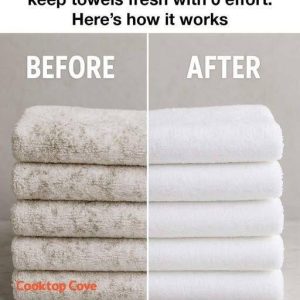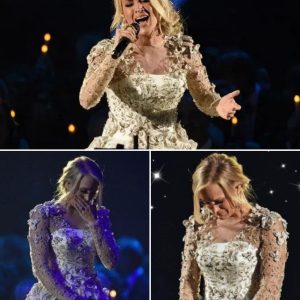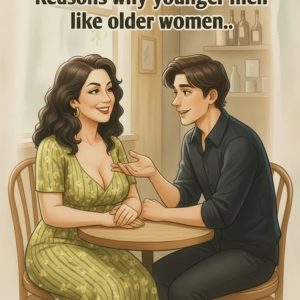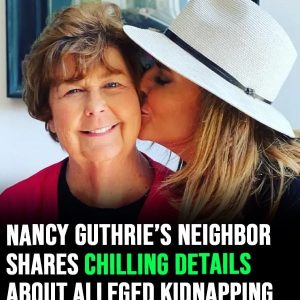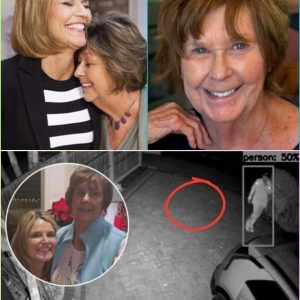Bud Light, which was America’s most popular beer brand just months ago, must develop an effective strategy to win back customers within the next few months or it risks permanent market share losses, according to a former executive.
Anson Frericks, who served as the president of sales and distribution at Budweiser’s parent company Anheuser-Busch InBev until last year, voiced concerns about Bud Light’s future in an interview with the U.K.’s Daily Mail.
He said the brand’s decision to partner with transgender social media influencer Dylan Mulvaney could potentially lead to a diminished presence for Bud Light that might be permanent.
As September approaches, retailers are expected to rely on sales data from previous months to reallocate limited shelf spaces.
Frericks cautioned that the ongoing boycott of the brand could lead to it being pulled in larger quantities in favor of brands that people are buying a lot more of.
The former beer industry CEO suggested that rival brands like Coors Light and Yuengling could emerge as more prominent fixtures on store shelves following what he called an annual product “reset.”
He emphasized that such brands might offer retailers a better shot at boosting beer sales.
Frericks told the Mail, “Those brands will have a better likelihood to succeed long term because they have more shelf space, they have more inventory, they have more back-stock, and they have more availability for consumers.”
The former executive’s warning comes as recent data indicates that the Mexican beer Modelo Especial appears poised to surpass Bud Light as the world’s favorite beer this year.
While Modelo is succeeding at the expense of Bud Light, the company that owns both brands globally (Modelo is controlled by Constellation Brands in the U.S. market) still finds itself struggling.
As of last week, AB InBev had lost $27 billion in market value, the New York Post reported.
In spite of billions in losses to the mother ship, Bud Light has not offered a public strategy to win back former consumers.
In fact, the former American brand-turned-Belgian beer has chosen to ignore the controversy as losses mount.
Bud Light’s Twitter account has only posted one tweet since April 1 — the day Mulvaney showed his followers his face printed on a can of the beer.
AB InBev CEO Brendan Whitworth has also not publicly commented on the “woke” fiasco.
He did issue a generic statement on the consumer pushback two weeks into the boycott.
“We never intended to be part of a discussion that divides people. We are in the business of bringing people together over a beer,” Whitworth said on April 14.
He added, “I care deeply about this country, this company, our brands and our partners. I spend much of my time traveling across America, listening to and learning from our customers, distributors, and others.”
The statement did nothing to bring back former Bud Light drinkers who had already made the decision to move on to other brands.
If those people do not start coming back within the next 90 days, their former brand might be harder to come by at grocery and convenience stores — or at least more difficult to find.
Bud Light could end up in uncharted waters as a second-tier brand as its competitors enjoy premium product placement with more inventory on hand.
Frericks said the clock is ticking to bring people back to the brand.
“Anheuser-Bush needs to figure out a strategy, it needs to make a statement about who their customers are and who they’re going to serve now, and try and regain those customers now in June and July, because by time it’s August, September, it’s too late,” he said.
